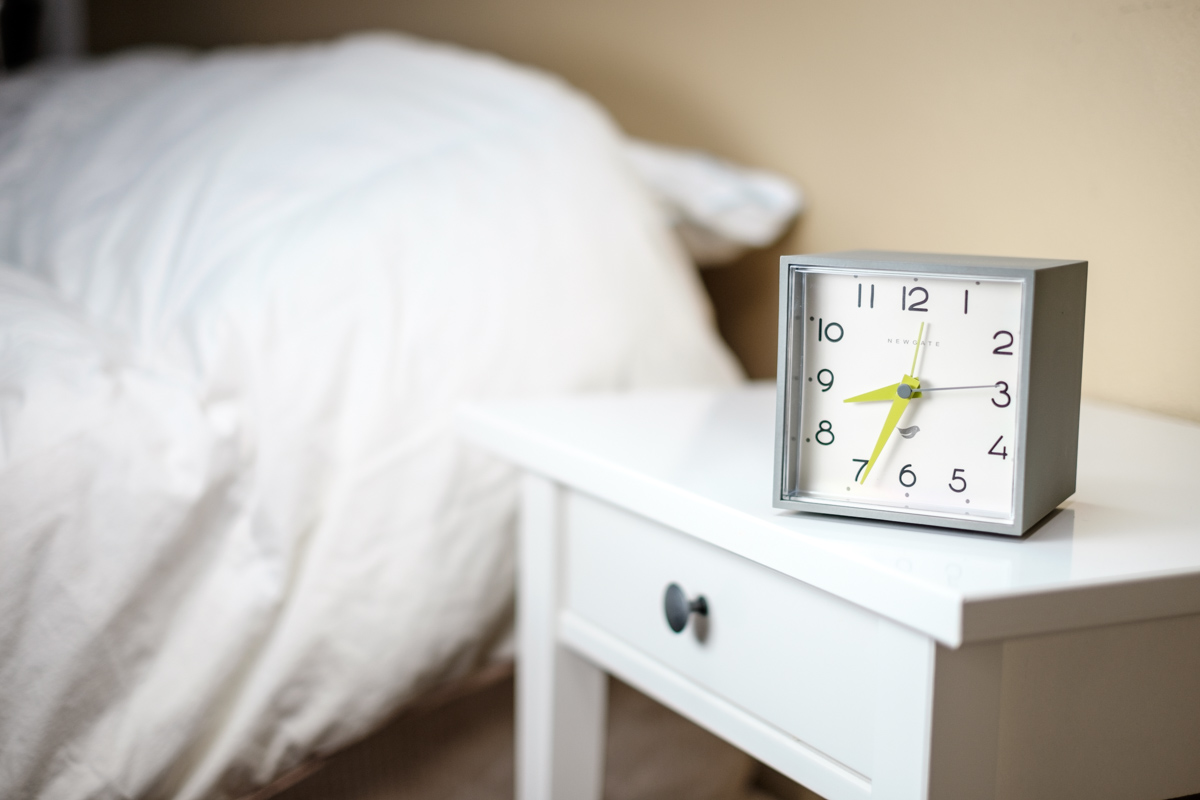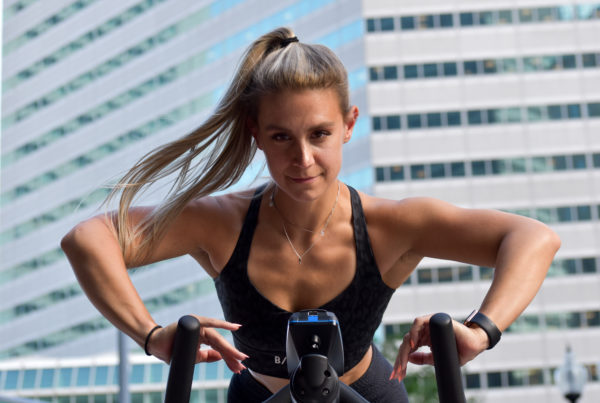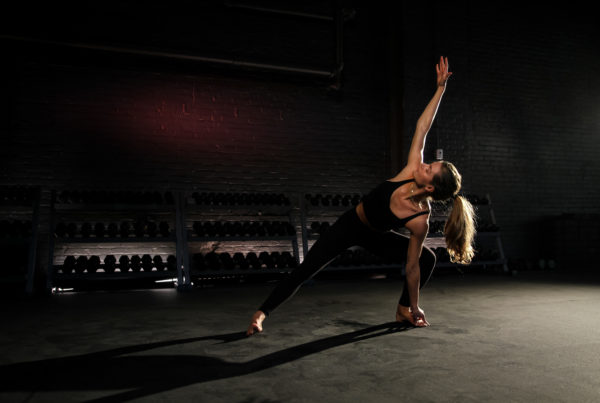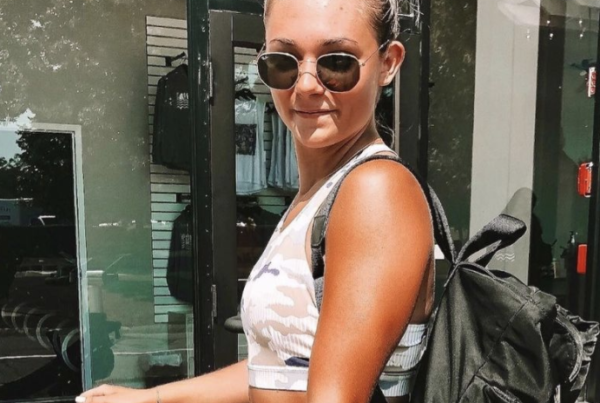Want the lowdown on healthy sleep for athletes? This Q & A with SleepHelp sleep expert Amy Highland answers questions on how to get the sleep you really need to perform at your best.
We’ve all heard various takes on the ideal amount of sleep. In your opinion, how many hours should you really be sleeping?
Everyone has unique sleep needs, but the average adult needs at least seven hours of sleep each night. The right amount of sleep can vary based on age, physical activity, and other factors. For example, athletes can benefit from up to 10 hours of sleep each night during intense training.
How does sleep, or lack thereof, affect athletic performance?
Sleep is essential to performance for athletes. When you sleep, your muscles recover and rebuild, and your brain consolidates memories, including new things you’ve learned during training. If you don’t get enough sleep, you can suffer from a longer recovery time, slower reaction times, and overall lesser performance.
Top 3 sleep tips for athletes?
#1: Make sleep as high a priority as training. You’ll undermine training gains if you don’t sleep enough.
#2: Sleep on the right mattress. A good mattress can make a difference in your sleep quality, so choose a bed that’s well suited to your needs.
#3: Be consistent with sleep, sticking to a regular time for bedtime and waking up every day, even on weekends and vacations.
What are your thoughts on napping?
Napping can be a useful sleep tool, especially for athletes, but there are limits. Athletes who need extra sleep during intense training may not be able to get a full 10 hours of sleep at night, and napping during the day can be helpful for making up that time. However, napping can interfere with nighttime sleep if you’re not careful. Always avoid napping after 3 p.m., and don’t nap for more than 30 minutes at a time.
How does technology impact sleeping?
Generally, technology isn’t helpful for sleep. The bright light emitted by screens can confuse your circadian rhythm and keep you up at night when you should be sleeping. However, there are excellent tracking tools and sleep apps that can help you improve the quality of your sleep. As with napping, limits are key. Use technology, but make sure you’re stopping screen time at least one hour before bed.
Do you recommend any sleep apps?
I’m a big fan of sleep apps offered by wearable fitness trackers including the Apple Watch, Fitbit, and Garmin. These apps can give you insight into how much sleep you actually get at night, and can be helpful for identifying pitfalls, especially if you combine them with nutrition tracking. For example, you might notice that you wake up in the middle of the night when you drink alcohol before bed. Or you don’t make it to bed on time when you have coffee in the afternoon. Other great sleep app options include Sleep Cycle Alarm Clock, which records your sleep habits and wakes you up during light sleep; Headspace, a meditation app; Pocket Yoga, a yoga app; and Sleep Pillow, a white noise app.
SleepHelp.org is an independently owned and operated, unbiased sleep resource dedicated to bettering your waking life by improving your sleep problems.




